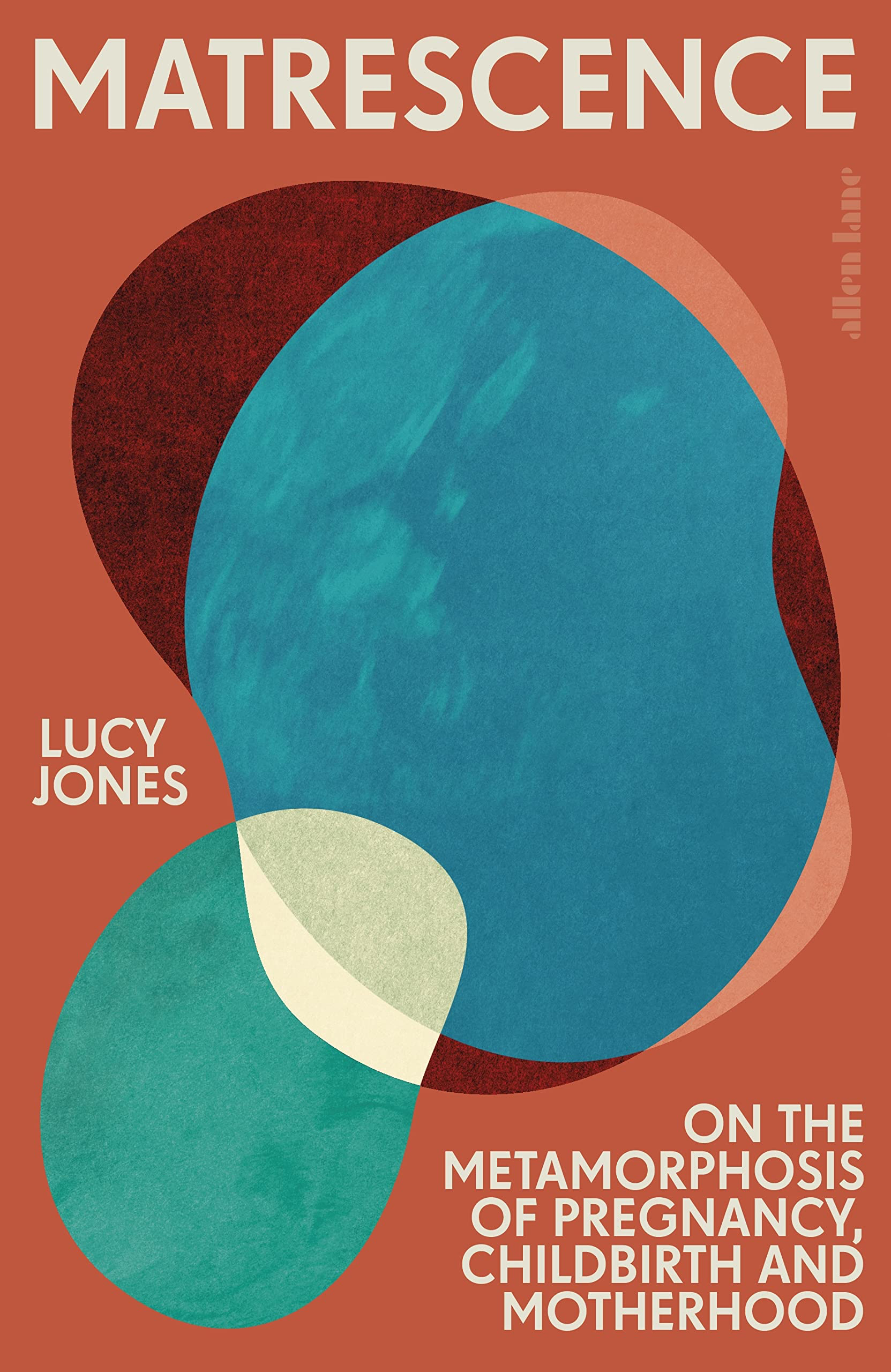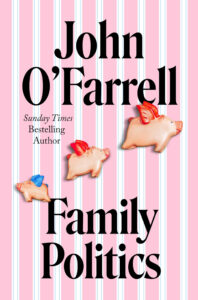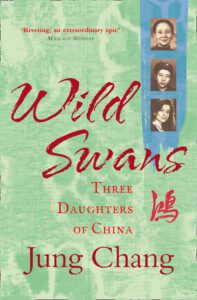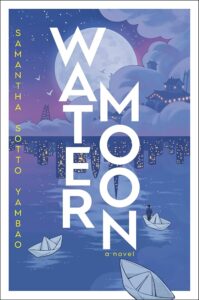
Rating: ★★★★★ (5/5)
Author: Lucy Jones
Genre: Nonfiction / Memoir / Psychology of Motherhood
Ideal For: Parents, partners, healthcare professionals, and anyone curious about the profound transformation of motherhood
Why I Picked Up Matrescence
In a world that celebrates adolescence and menopause, the transition into motherhood—matrescence—has been largely ignored. Lucy Jones, a seasoned science journalist, set out to shine a spotlight on this hidden rite of passage. Touted as “the best book I’ve ever read about motherhood” by The Guardian and shortlisted for the Women’s Prize for Non-Fiction, Matrescence felt both essential and overdue. I was eager to dive into its blend of personal insight and rigorous research.
Core Themes & Structure
Jones defines matrescence as a seismic neurological, emotional, and social shift—“the new middle stage,” comparable only to adolescence. Each chapter blends memoir (her three pregnancies), scientific studies (maternal brain changes, fetal microchimerism), ecological parallels (spider self-sacrifice!), and cultural critique (intensive mothering norms, healthcare failures). The result is a rich tapestry that offers both truth and solace.
Why Matrescence Works So Well
1. Validates the Invisible Transformation
Jones gives voice to a transformation most women silently endure: hormonal chaos, cognitive rewiring, loss of identity. The maternal brain even reallocates grey matter—dramatically altering cognition. Recognition of this neuroplasticity is not only validating—it’s revolutionary in its simplicity.
2. The Science Is Sharp Yet Accessible
From exploring fetal cell retention decades after birth to reflexive maternal instincts, the scientific grounding is deep. But Jones makes it digestible. She frames motherhood through nature’s lens—comparing it to metamorphosis and self-sacrifice in the natural world. It’s science you can feel in your heartbeat.
3. Memoir That Feels Fiercely Honest
Jones spares no detail: 41 hours of labour, shattered self-worth, guilt over breastfeeding, solitariness with a neonatal sleeper. She confronts postpartum depression head-on. Her willingness to share the messy, unglorified parts—those hours when motherhood feels unbearable—brings her message to life.
4. Ecology and Society as Context
This isn’t just motherhood in a vacuum. Jones connects matrescence to evolutionary biology and societal infrastructure (or lack thereof). She shows how culture strips new mothers of ritual, community, and status, isolating them at precisely the time they most need support.
5. Cultural Call to Action
Her critique of modern motherhood—painful expectations around birthing, breastfeeding pressure, erasure of mothers’ needs—is firm yet hopeful. She argues for rituals, shared care, medical reform, and a society that values mothers as more than baby machines. Matrescence offers a blueprint, not just a diagnosis.
You’ll Love This Book If You Enjoy…
- A memoir combined with scientific rigour (à la The Body Keeps the Score)
- Honest motherhood narratives uninhibited by Instagram smiles
- Feminist writing that examines entrenched cultural norms
- Stories linking nature, neuroscience, and lived experience
- Transformative books that reshaped your understanding of the self
Where It May Not Land for Everyone
1. Emotionally Intense
This is really not light postpartum fluff. Jones doesn’t shy away from dark moments: postpartum depression, existential isolation, physical breakdown. Some readers (especially new parents) may find it emotionally heavy.
2. Hybrid Structure Can Feel Dense
The scientific digressions—on slime moulds or spider behaviour—might feel disjointed to readers seeking straightforward memoir. But others will appreciate the ecological framework.
Personal Highlights
- Learning that fetal cells can remain in the maternal body for decades, silently influencing health and identity.
- The raw honesty of her first pregnancy’s forty-plus labor hours, contrasted with society’s “pink pastel motherhood” fantas.
- The insight-filled chapters on maternal brain plasticity and immunology—groundbreaking and beautifully written.
- Her note on mother’s removal of births from public consciousness, echoed in her interviews on radio and culture.
Who Should Read This
- Expectant parents seeking emotional preparation, not just birth logistics
- Partners who want to understand the hidden upheaval of childbirth
- Health professionals committed to supporting mothers holistically
- Anyone curious about the intersection of science, ecology, and lived feminism
Final Thoughts: A Matrescence Moment
Matrescence has the rare power to validate and revolutionise. By naming this long-forgotten rite of passage, Lucy Jones offers mothers—and society—a map. She urges rituals, communal support, medical care, and respect that matches maternity’s magnitude.
If adolescence reshaped your life, matrescence demands similar acknowledgment. This book settles into your bones—like a long-overdue truth—while daring us to imagine a world where mothers aren’t just birthed, but honoured.
Five stars for brilliance, empathy, scientific curiosity, and cultural challenge. Matrescence is a book I’ll be recommending to every parent I know.


